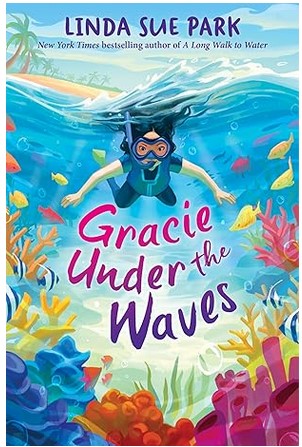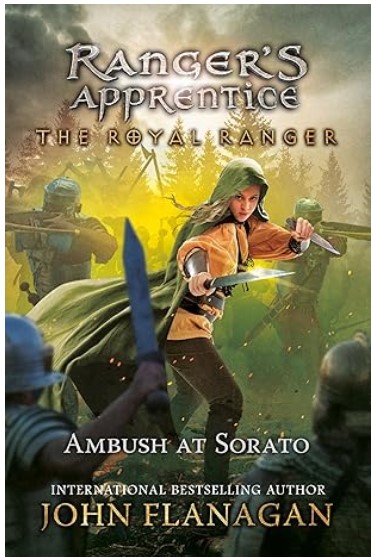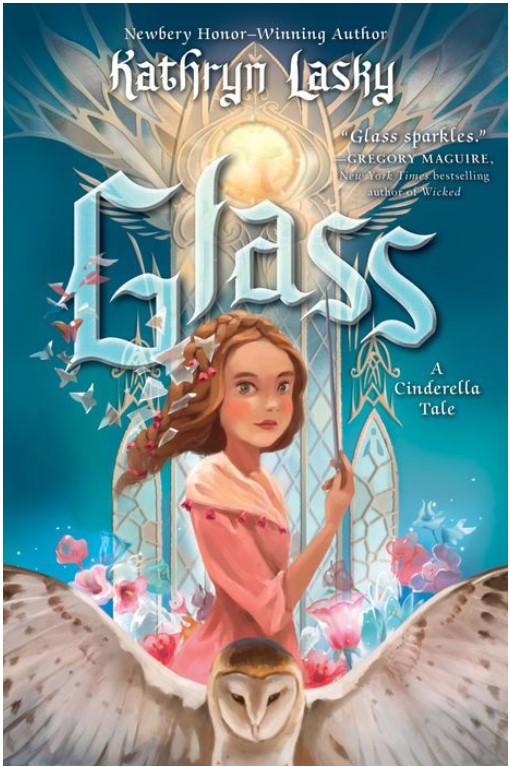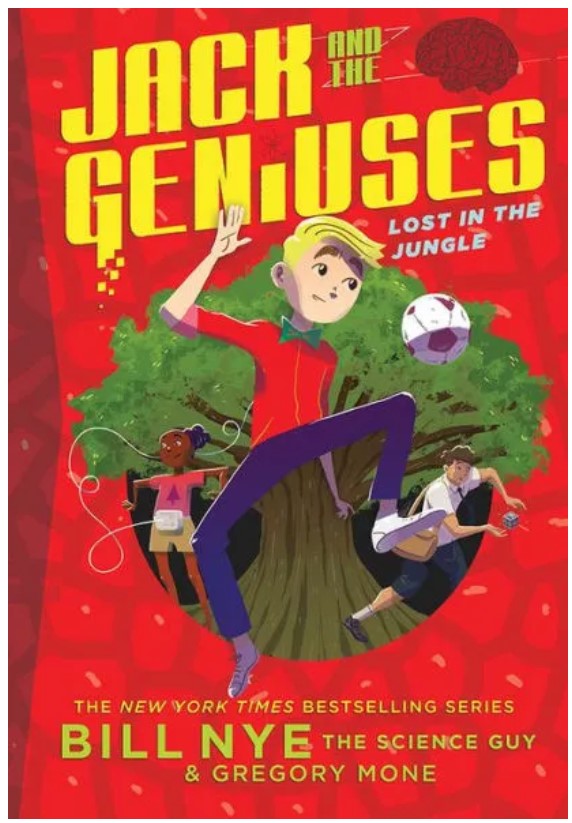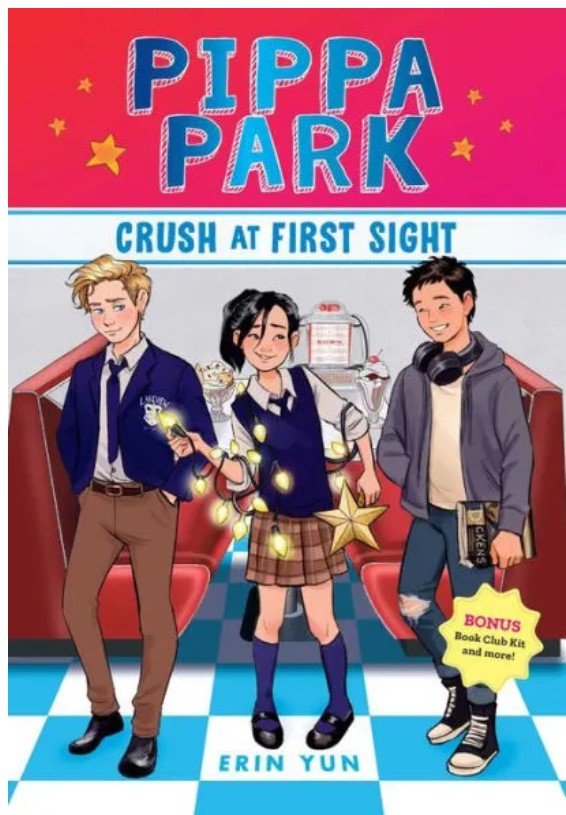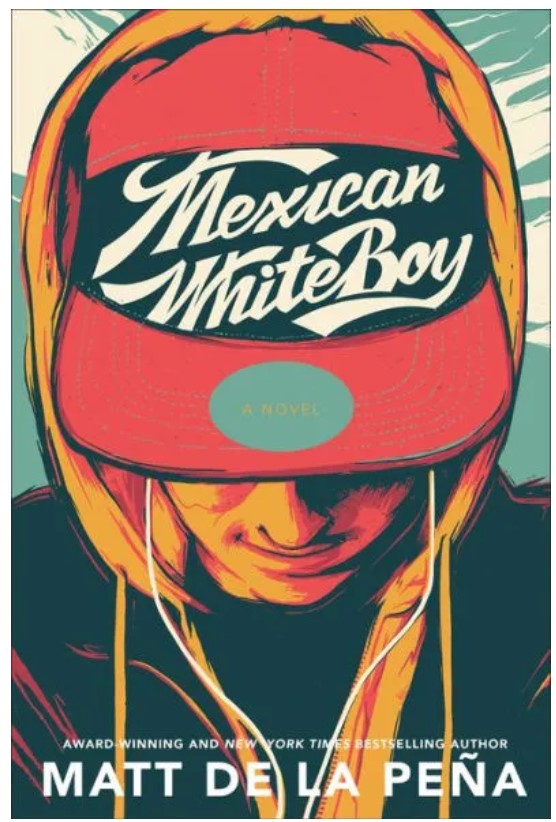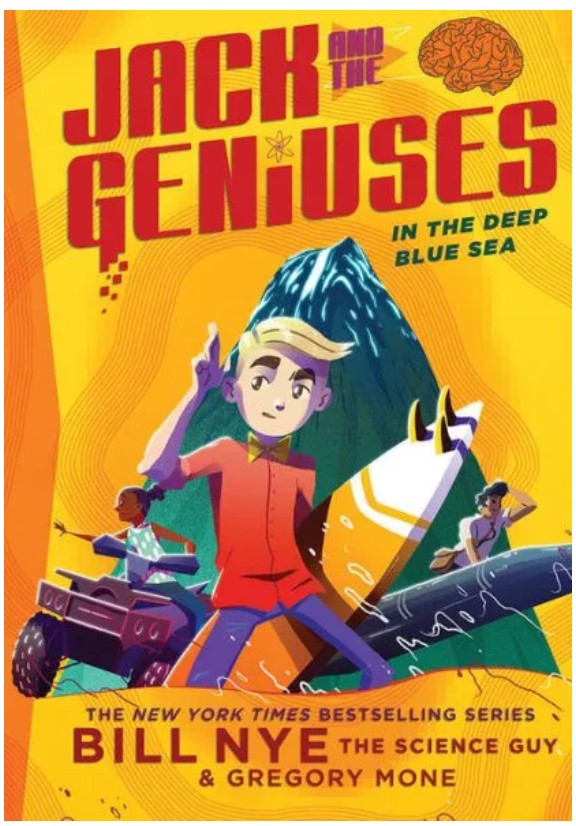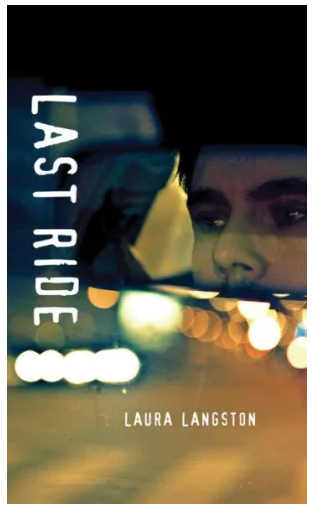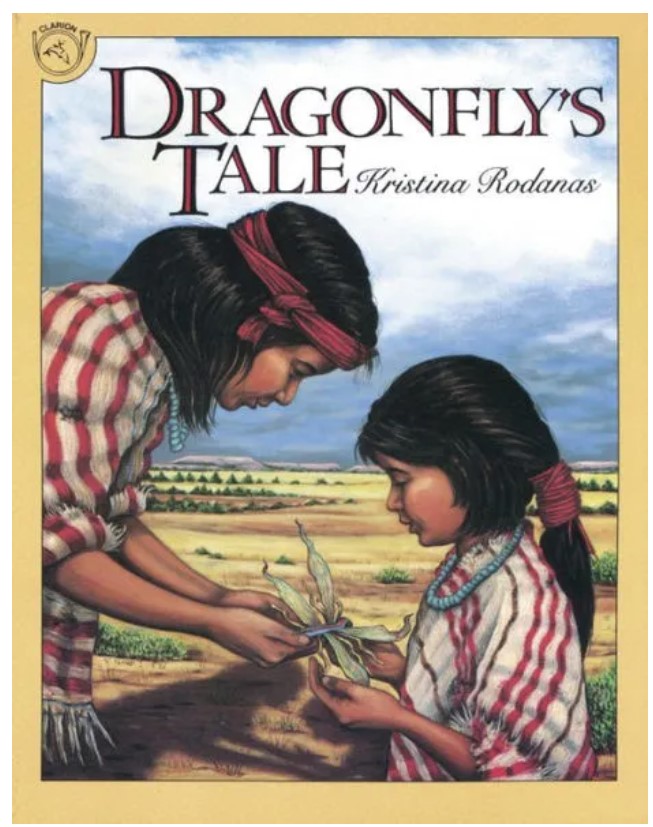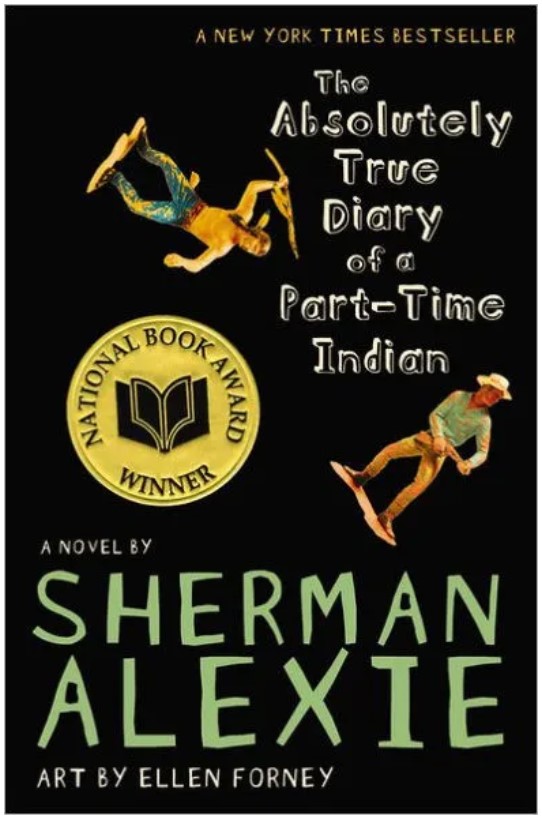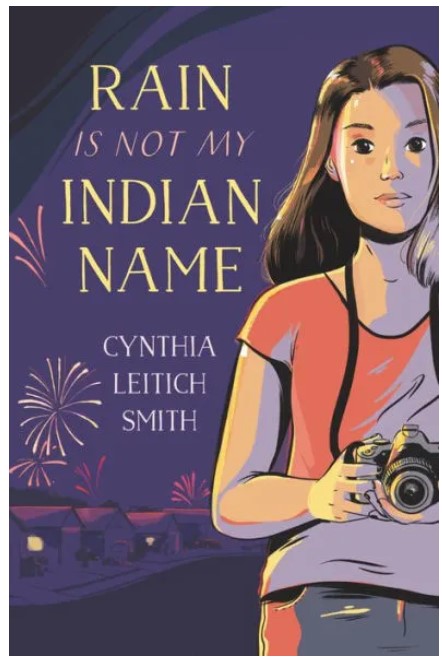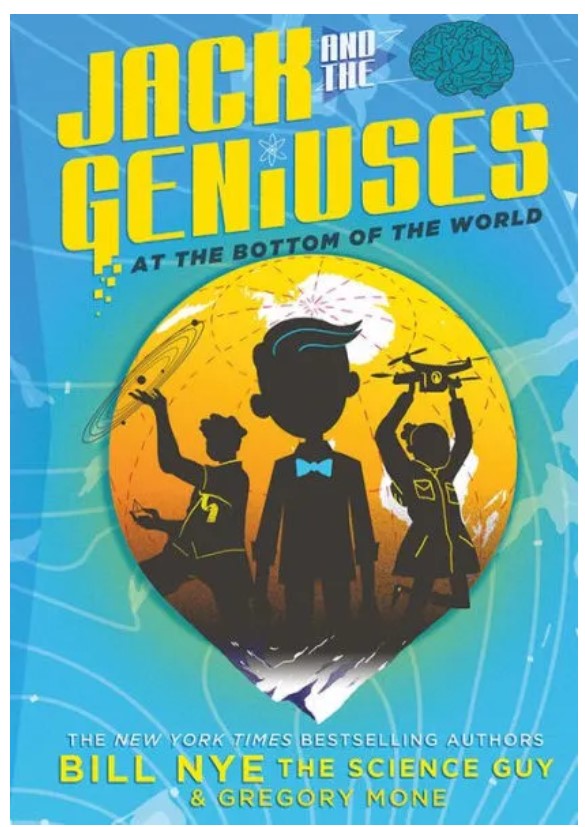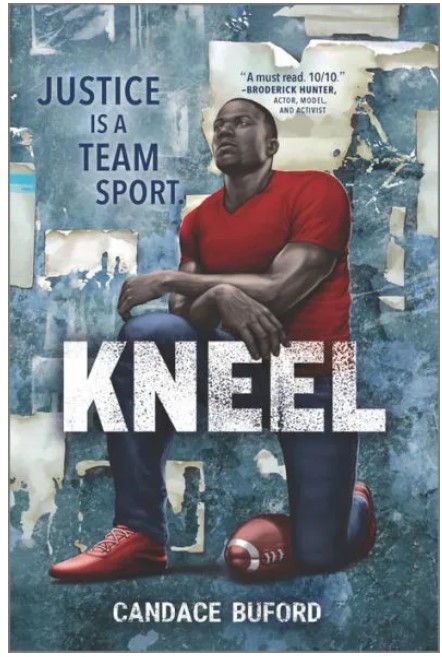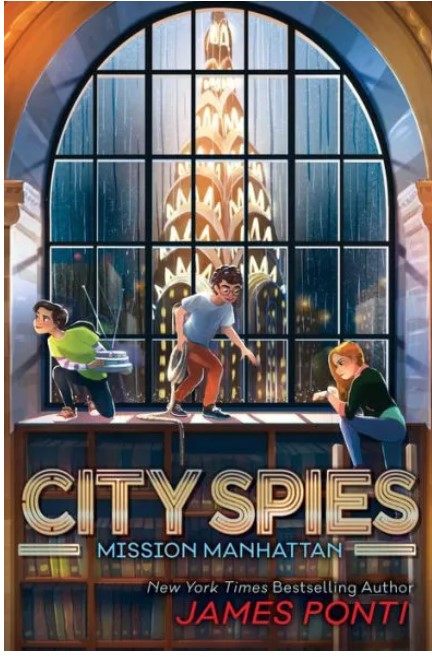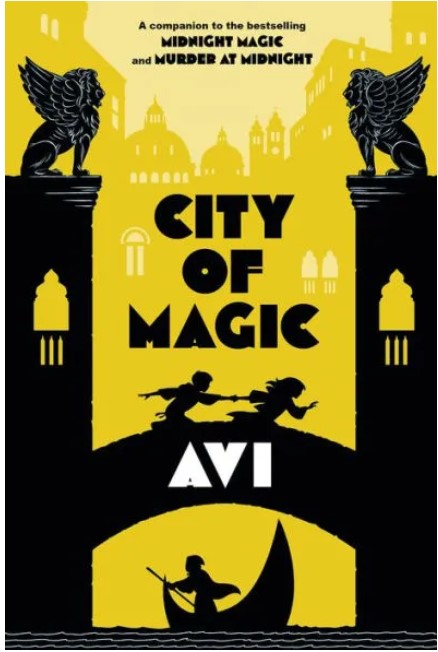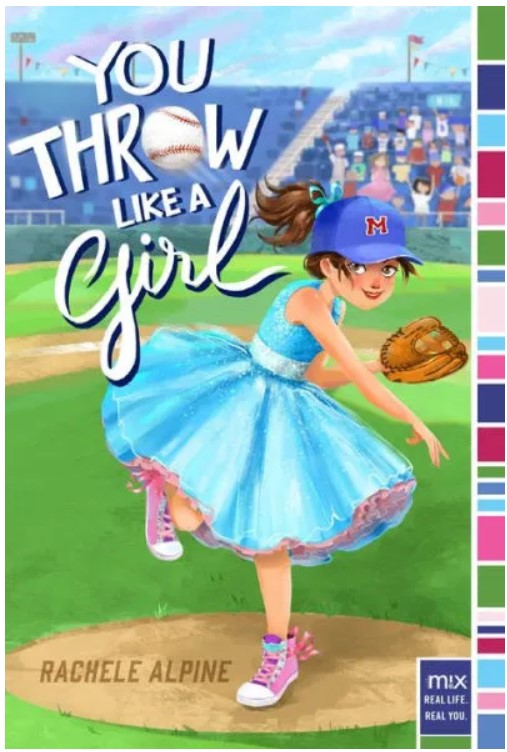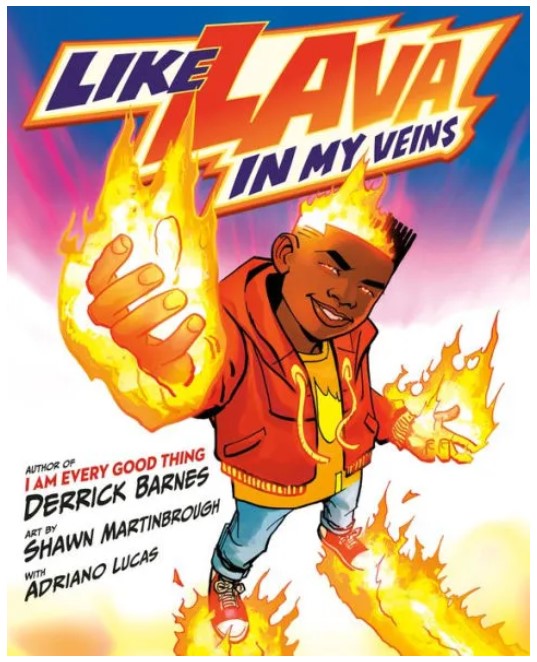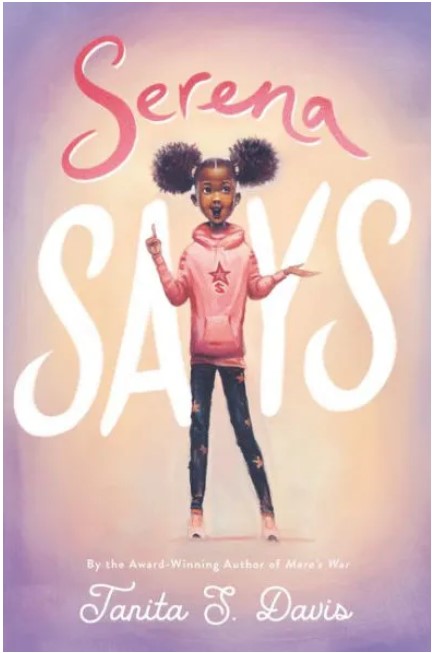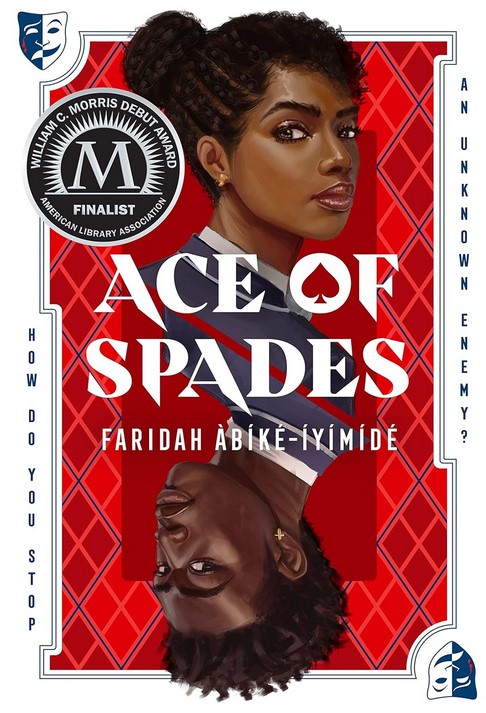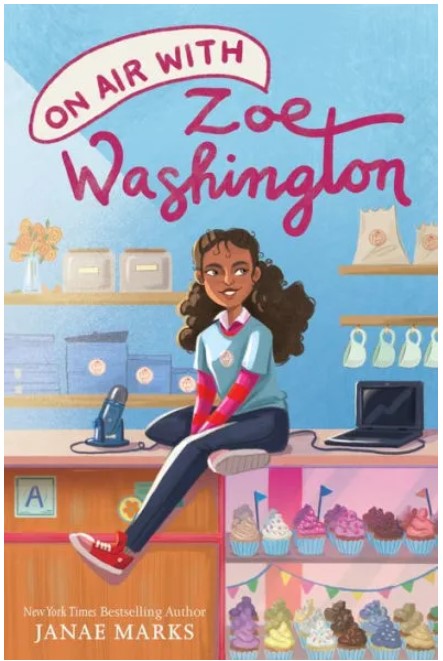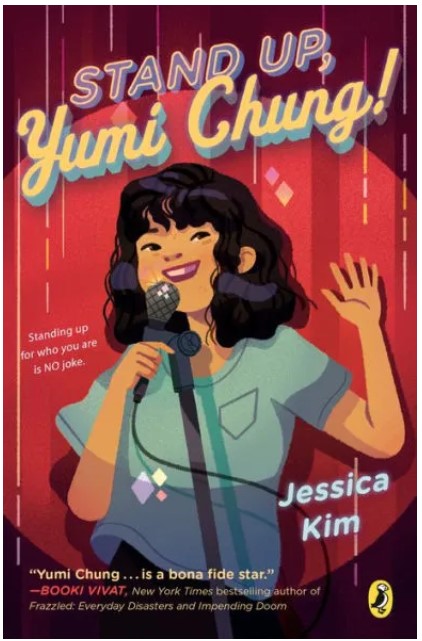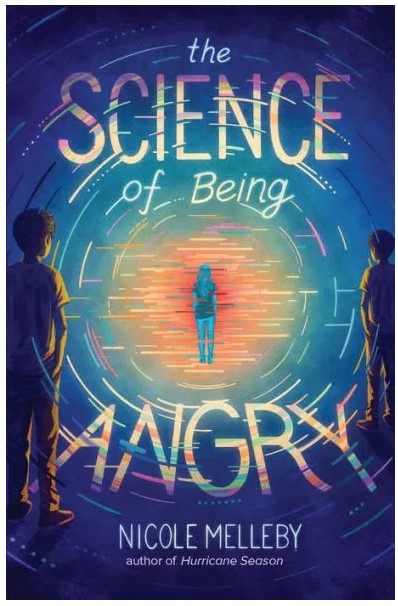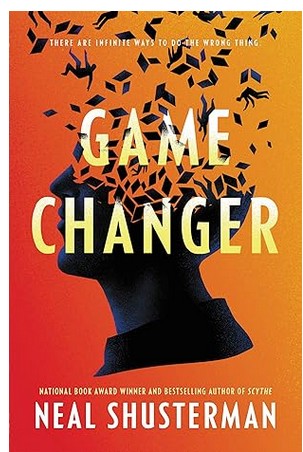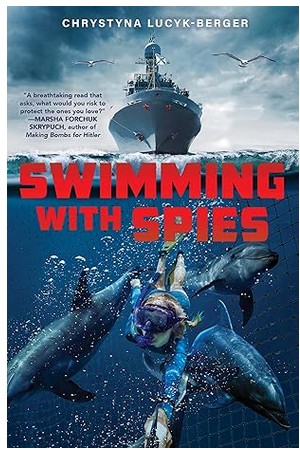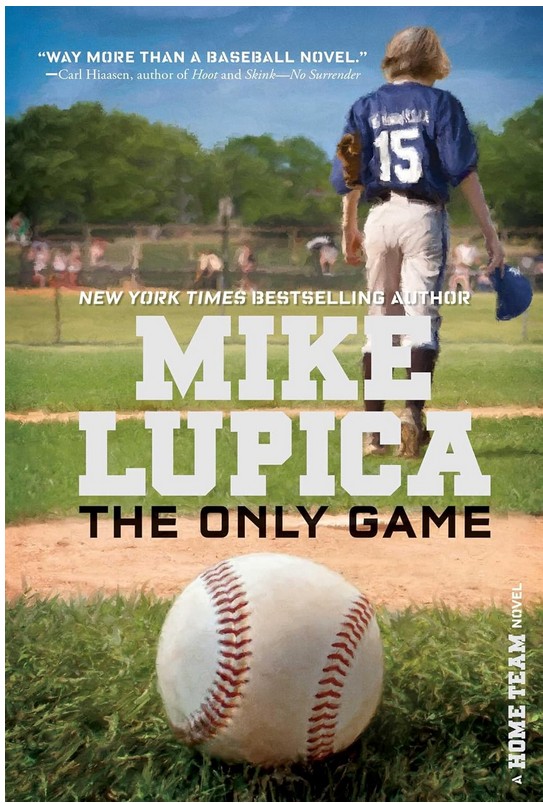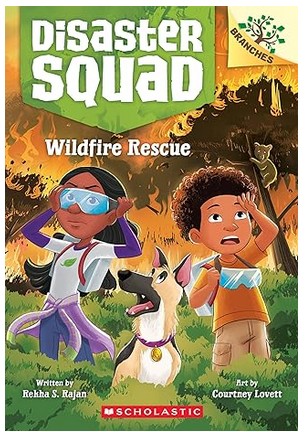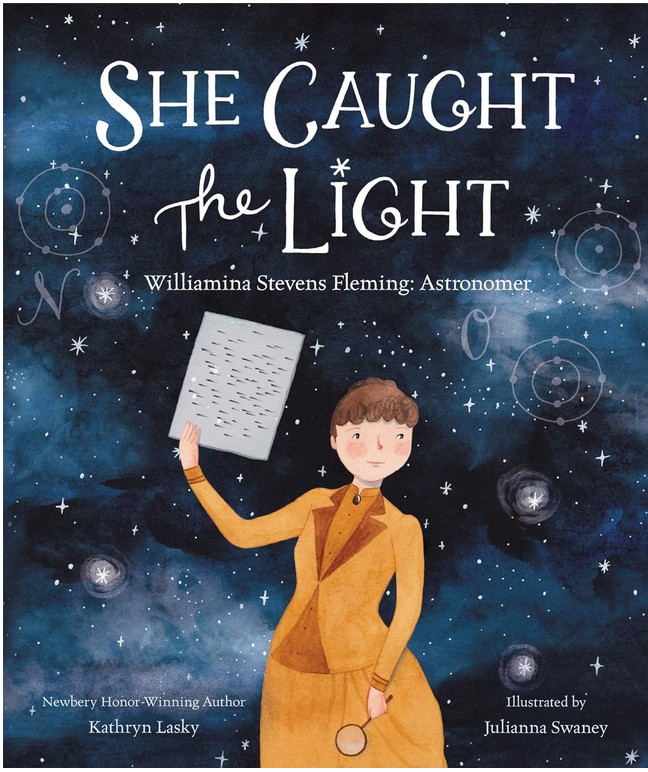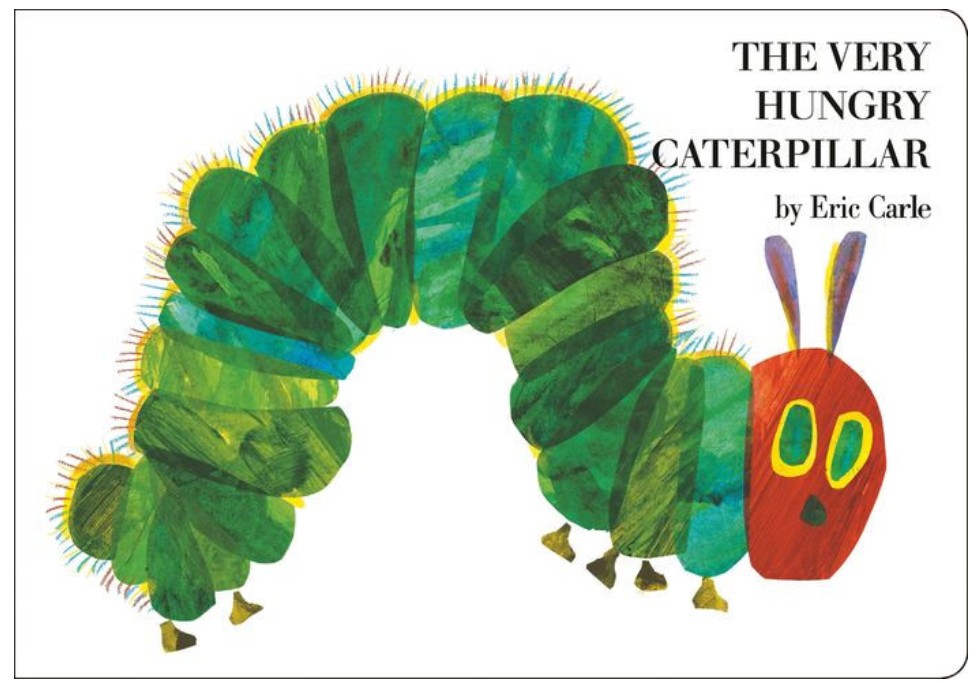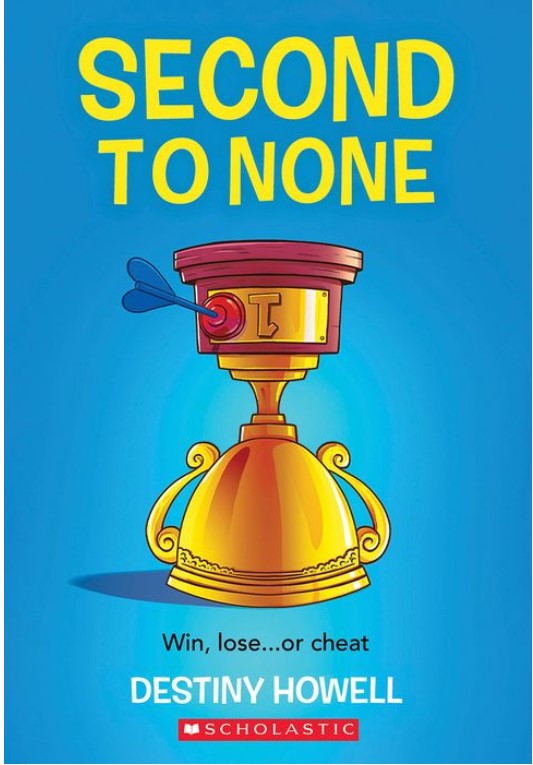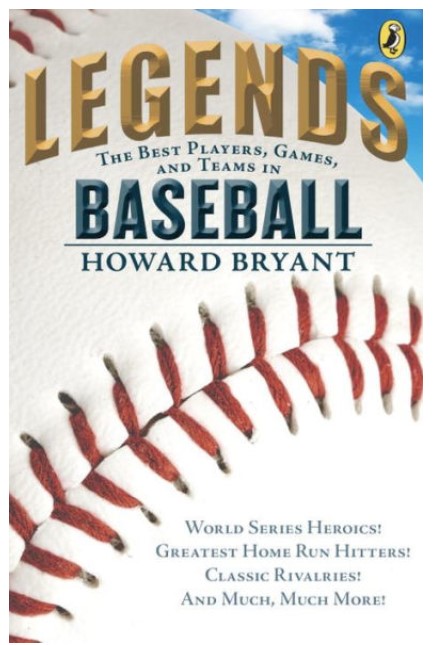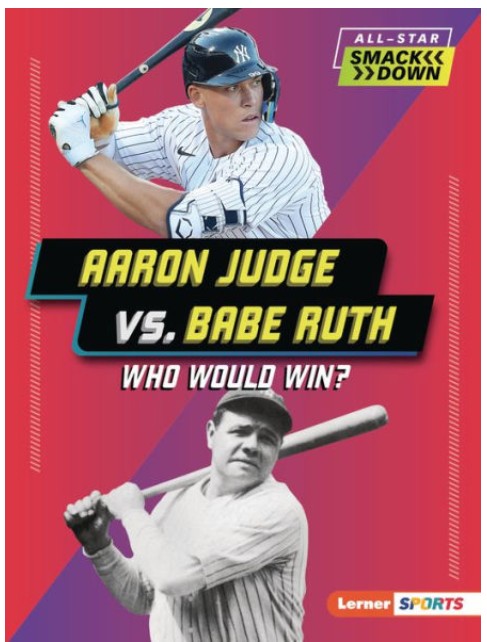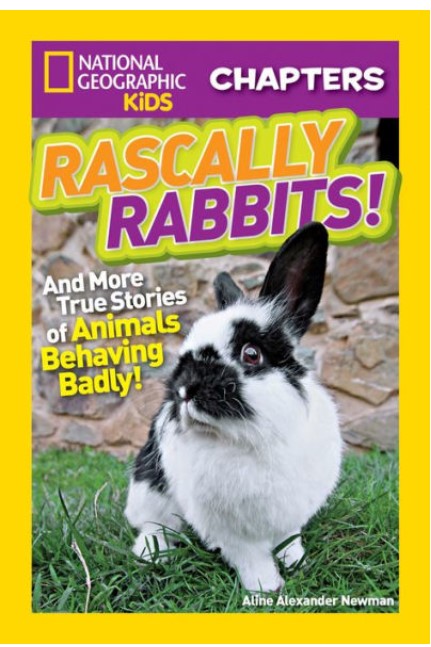The prospect of spending his summer in Phoenix with his father and his new girlfriend, Leandra, makes Nathan feel sick to his stomach. Still unsettled by his parent’s impending divorce, Nathan decides to spend his summer with his grandmother, Nali. At her mobile home, away from cell service and the luxuries of modern technology, Nathan starts a summer project to keep him busy that involves growing corn in his grandmother’s garden.
However, his summer gets off to a more exciting start than Nathan bargained for when his corn seeds start going missing. While trying to catch the thief in action, Nathan stumbles across a water monster named Pond, a creature from Navajo legend that can control the water. However, Pond’s lake is dried up and his power is fading, rendering him unable to sing the water monster songs that bring rain to the area. Nathan learns that Pond has been poisoned by radiation from a nearby excavated uranium mine. To save Pond, Nathan needs to go to the Third World and get medicine from Mother Water Monster, the strongest of all water monsters.
Meanwhile, Nathan’s Uncle Jet is struggling with his alcohol addiction. Nali wants Uncle Jet to have an Enemy Way Ceremony, a cleansing ritual that will help Jet on his road to recovery. However, Uncle Jet is against the ceremony since he is depressed and doesn’t believe it will work. Nathan discovers that an Ash Being is clinging to Uncle Jet, a dark creature who is increasing Uncle Jet’s feelings of hopelessness.
After learning a few water monster songs to protect him in the Third World, Nathan unites with other Holy Beings, such as Wind and Darkness, to meet Mother Water Monster. They solve a series of puzzles in the Third World before meeting her and getting the medicine for Pond. Nathan returns home to discover that Mother Water Monster did not give him medicine, but a rock instead, and Pond passes away. Nathan feels all his work was in vain, but Changing Woman, a Navajo Holy Being, reassures him: “You gave Pond a great pool of hope, for his own health and for the return of the rains. Hope is a very powerful medicine and can give every minute we have alive a great deal of meaning and worth.”
Nathan realizes that he has someone else who needs hope – his Uncle Jet. He rushes to be present at Uncle Jet’s Enemy Way, in which the Ash Being is successfully expelled. The story ends as Nathan discovers that the rock is actually a water monster egg, which is now his duty to care for and continue Pond’s legacy.
The main theme of Healer of the Water Monster, as Nathan learns, is hope. Nathan feels hopeless for various reasons: he struggles to learn the water monster songs, his parents are unhappy, and he’s losing his friend, Pond. However, by relying on others and asking for help when he needs it, he is able to prevail. The other characters, such as Uncle Jet, learn this valuable lesson too.
Readers will find that Nathan is a relatable character due to his insecurities. He admits that he is afraid of the journey to the Third World and doubts that he is the right person to make such a dangerous and important journey. However, with reassurance from his friends, Nathan accepts that it’s his duty to help the water monsters. At the end of the story, Nathan also takes the responsibility of passing on the water monster’s songs to the baby water monster, who is a symbol of hope.
This story, the prequel to Heroes of the Water Monster, is easier to read than the second book. There are only two main plots in this story, while the second book is difficult to follow due to its much larger scope. Thus, in Healer of the Water Monster, the reader is able to learn about Nathan in more detail. The inclusion of Navajo culture is interesting and straightforward, and it doesn’t overshadow the plot of Uncle Jet and his struggles with alcoholism. Uncle Jet’s dark thoughts brought on by the Ash Being and his PTSD from serving as a marine are heavy topics for this story but mentioned sparingly. Healer of the Water Monster focuses more on spreading hope, overcoming insecurities, and looking to the future than it does on the fantasy action which makes it more thoughtful – but not any less worthwhile – than its sequel. Readers who want to connect with other Indigenous characters should also read Rez Dogs by Joseph Bruchac and When the Butterflies Came by Kimberley Griffiths Little.
Sexual Content
Violence
- Nathan accidentally gets hurt while trying to pass by a fight and gets knocked out. “Two big men [were] fighting each other in the middle of the cars and trucks. They were cursing and saying many things that would make his mom mad. Their fists and knees slammed into each other’s bodies. . . They both fell to the earth, and a large dust cloud bloomed around them. Some dust flew into Nathan’s eyes. As he was rubbing his eyes, Nathan felt the full weight of two massive bodies pushing him up against the car. . . Nathan fell to the earth. Last thing he remembered, he heard a loud smack and then a lightning-like flare of pain made his vision blurry, then go dark.”
- Darkness uses its powers on a man who steals. “Darkness wrapped the shadows around the man. The man knelt down. His screaming was muffled, as if his head were under a pillow. The man screamed and writhed. It was kind of terrifying, and Nathan hoped the man wasn’t in pain. In seconds, the shadows unraveled, and like black ink slipped off the man, who was sound asleep.”
Drugs and Alcohol
- Uncle Jet smokes once. “When [Uncle Jet] noticed Nathan was heading toward him, Uncle Jet quickly put out his cigarette.”
- Devin, a medicine man that Nathan and Nali visit, smokes tobacco. “Devin lit the tobacco with a lighter and puffed on it.”
- Uncle Jet is an alcoholic. This is mentioned multiple times in the story, but there are only a few instances where the reader sees him drinking. For example, Nathan finds Uncle Jet sleeping after many drinks. “The stench of alcohol crept up Nathan’s nostrils.” Nathan leaves him to rest.
- Uncle Jet takes Nathan to a party where people are drinking and he has a few drinks. “A crowd passed brown bottles and silver aluminum cans around. . . Uncle Jet chugged a can.”
Language
- Nathan calls someone “stupid.”
Supernatural
- The Water Monsters are a group of Holy Beings that play a central role in the story. They are creatures of legend from Navajo stories that inhabit bodies of water and look like lizards. They have many powers, including controlling water, turning it to ice, using it to travel long distances, and more. Other than Pond, Nathan’s water monster friend, Nathan also meets Mother Water Monster. “Far in the distance, a creature of titanic proportions rose from the water. Waterfalls cascaded from its scaly body. . . Water cleared from the face of the creature, and a pair of bloodred eyes stared at Nathan.”
- To control water, water monsters sing songs. Nathan learns some of these water monster songs; this allows him to freeze water and control it. Nathan freezes a water bottle to prove to his father that the water monsters, and their songs, are real. “Nathan stopped singing in his mind. . . [he] handed his father the water bottle that he had frozen completely solid. Both his father and Nali looked at the bottle in utter surprise. Tiny frost crystals had formed on the outside.” Later, Nathan uses the same song to freeze a lake in the Third World.
- Nathan discovers that a horned toad-looking creature is stealing his seeds. This creature, Seed Collector, is a being from the Third World. He can speak and stand on two legs. “Shocked, [Nathan] froze in place when he saw the large horned toad standing on its hind legs and holding a glowing quartz crystal. Atop its head was a tiny, horizontally striped turkey feather. A turquoise necklace dangled around its thorny neck. . . a trail of cactus flowers followed it, hovering right about its shoulder area.”
- Nathan has a turquoise stone that allows him to communicate with all beings. He uses it to speak to the water monsters and Holy Beings.
- Nathan befriends a spider. Nathan uses his communication stone to talk to Spider. She comes with him on the journey to the Third World, spinning webs for him so that Nathan can find his way back to the Fourth World.
- An Ash Being is a shadow-like creature that feeds on one’s fears and worsens feelings of anxiety and depression. Nathan notices that an Ash Being has latched onto his Uncle Jet. At one point, it latches onto Nathan, calling him “worthless” and making him feel depressed for a short time until the Holy Beings scare it away.
- A butterfly with rainbow wings called Changing Woman – a Navajo Holy Being – congratulates Nathan on his return from the Third World.
Spiritual Content
- This story centers around Navajo beliefs, which are mentioned frequently. The main focus is the Holy Beings who help Nathan rescue Pond, including Wind and Darkness, figureless beings that are the personification of wind and darkness. The Navajo language is also used frequently, which can be translated with the glossary in the back of the book.
- The Third World and Fourth World are mentioned in the story multiple times. Humans occupy the Fourth World, while Holy Beings such as Water Monsters and more live in the Third World. A large part of the story is Nathan’s journey to the Third World to meet Mother Water Monster.
- The story describes these different worlds and how they came to be. “Ages before humans lived in our current Fourth World, it has been said that the ancestors of the Navajo left the mists and clouds of the Second World for the shimmering waters of the Third World. First to crawl onto the land were the beings of thought, First Woman and First Man. Second were the beings of land, Coyote, Turkey, Deer, Turtle, Cougar, Bear. . . ” This Navajo creation story spans four pages and describes how Coyote steals a baby water monster, enraging Mother Water Monster who attempts to destroy the third world, prompting the First Man, First Woman, and creatures of land into moving to the Fourth World where they now reside.
- An Enemy Way is a Navajo ceremony that people undergo when they experience trauma in their lives and undergo a spiritual cleanse to aid the process of recovery. A large aspect of the story is Uncle Jet undertaking this ceremony to start his road to recovery. In this multi-day ceremony usually for warriors who have returned from war, singing and other rituals are used to combat the dangerous effects of ghosts.
- A few times in the story, sweetgrass is discussed. The Navajo use sweetgrass as medicine that they burn and inhale the smoke of to purify the spirit and energize the body. Pond uses his sweetgrass to prolong his life and inhales it a few times. Two times, he lets Nathan do it too. “Nathan picked up the sweetgrass and held it in front of the water monster’s nose. The water monster blew upon it and small embers ignited. Soon, a sweet smoke wafted through the air and into its nostrils. Some of the smoke entered Nathan’s nose, and in an instant, he was no longer tired. He was alert, like he had awakened from the night of great sleep, though he was still hungry and thirsty.”
- Other sacred objects include corn pollen and turquoise; both of which are mentioned a few times in the story.
